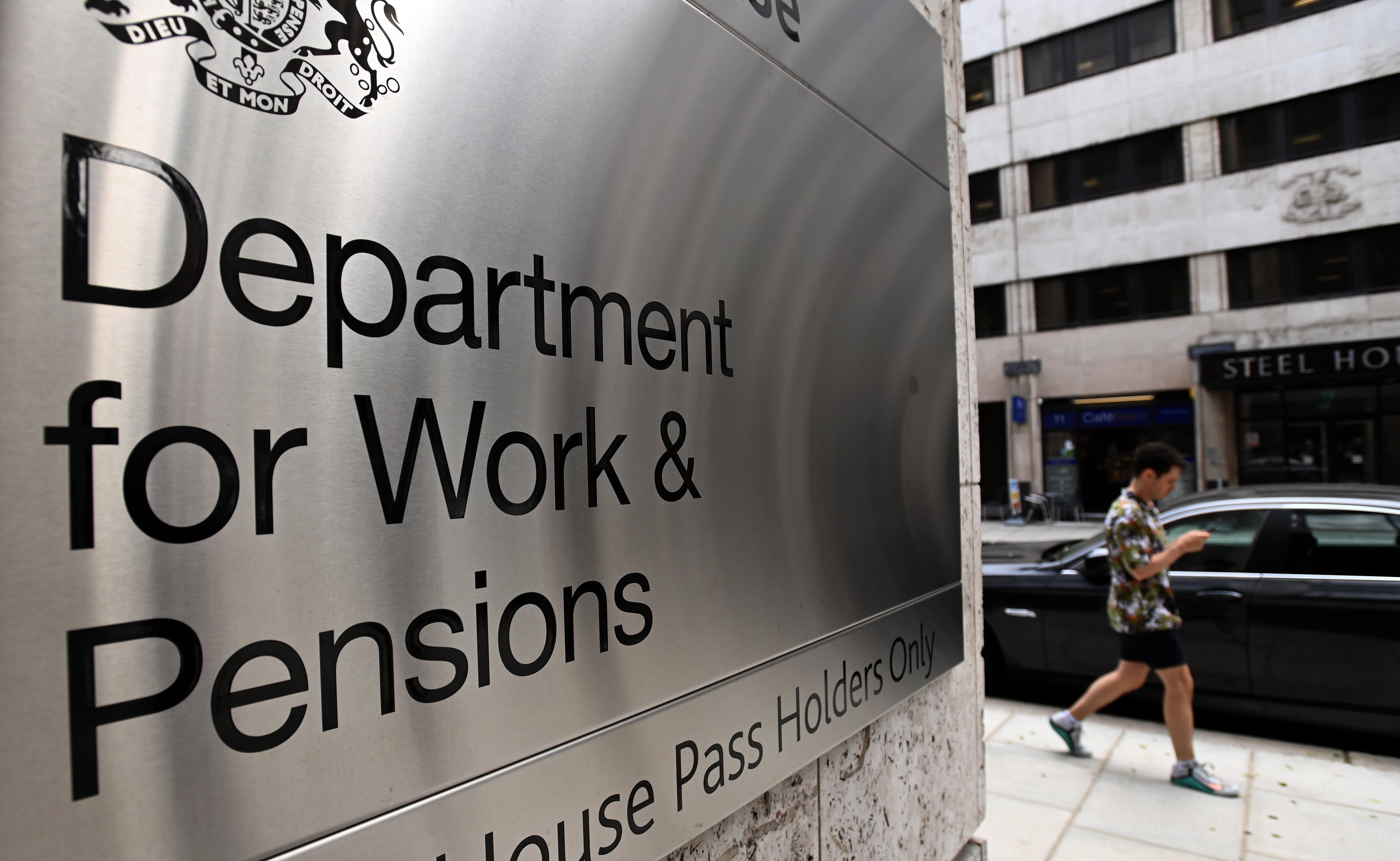‘Colossal blow’: Campaigners lose High Court challenge over benefits uplift
‘Court’s decision is a devastating blow to more than two million people who we consider were unjustly deprived of the £20 uplift’

Your support helps us to tell the story
From reproductive rights to climate change to Big Tech, The Independent is on the ground when the story is developing. Whether it's investigating the financials of Elon Musk's pro-Trump PAC or producing our latest documentary, 'The A Word', which shines a light on the American women fighting for reproductive rights, we know how important it is to parse out the facts from the messaging.
At such a critical moment in US history, we need reporters on the ground. Your donation allows us to keep sending journalists to speak to both sides of the story.
The Independent is trusted by Americans across the entire political spectrum. And unlike many other quality news outlets, we choose not to lock Americans out of our reporting and analysis with paywalls. We believe quality journalism should be available to everyone, paid for by those who can afford it.
Your support makes all the difference.Campaigners have lost a High Court bid challenging the government over the decision not to extend the universal credit uplift to those on “legacy” benefits during the pandemic.
The judgment, described as a “colossal blow” to over 2 million people, centred on the increase in payments to universal credit claimants between March 2020 and October 2021.
It provided recipients with a £20-per-week top-up on their benefits during the Covid crisis, but was phased out in the autumn by the government, despite protests from campaigners and MPs.
Bringing the case, campaigners suggested the decision not to extend the uplift to those on older benefits – referred to as “legacy benefits” – such as Employment Support Allowance (ESA) and Job Seeker’s Allowance (JSA), disproportionately affected disabled people.
Lawyers acting on behalf of four disabled people, who brought the claim against the Department for Work and Pensions, argued at a November hearing that the difference in treatment was incompatible with their human rights.
But in a ruling on Friday, Mr Justice Swift said that while there was indirect discrimination cause by the difference in treatment, the decision by Therese Coffey, the work and pensions secretary, was lawful nonetheless.
“My conclusion is that the difference in treatment of universal credit claimants over those claiming legacy benefits resulting from the 2020 Regulations was justified,” he said.
“The decision to increase the universal credit standard allowance was one of a series of decisions made at the beginning of the pandemic.”
The judge added: “The central question raised by the claimants’ discrimination claims is whether it was lawful for the secretary of state to direct her attention to the position of new benefits claimants – all of whom would have made claims for universal credit.
“I consider that she was. New benefits claimants would need to adjust to a loss in income. They would be affected differently to persons already claiming benefits.”
The claimants, who were supported by a number of disability rights’ groups and charities, are considering whether to appeal against the ruling.
Their solicitor William Ford, of Osbornes Law, said: “We are extremely disappointed by today’s judgment and will study it carefully to assess whether there are any grounds to appeal.
“The court’s decision is a devastating blow to more than two million people who we consider were unjustly deprived of the £20 uplift given to those who receive Universal Credit during the pandemic.
Responding to the judgment, Anastasia Berry, policy co-chair of the Disability Benefits Consortium and policy manager at the MS society, said: “After months of stalling, we’re devastated by the High Court’s ruling today, which fails to hold the government to account for its shameful treatment of disabled people, including those with MS.
“While the government has found a legal technicality to duck responsibility, the basic fact remains that it stood idly by while many disabled people were forced deeper into poverty during the pandemic.
“This ruling will come as a colossal blow to the 2.2 million people on legacy benefits, such as Job Seeker’s Allowance and Employment Support Allowance, who were cruelly denied the emergency funding which was offered to others without any justification. But we refuse to give up the fight.”


Join our commenting forum
Join thought-provoking conversations, follow other Independent readers and see their replies
Comments